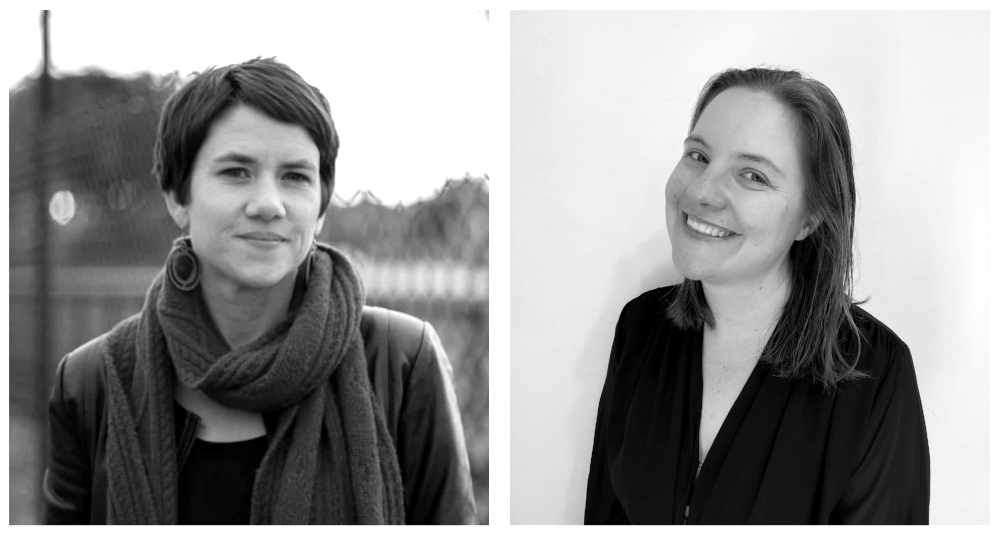
We have had the honour of editing this issue as two poets with collections published and forthcoming with Fremantle Press, and invited by Cordite in the spirit of ‘shining a light’ on the thriving and amorphous field and bush that might be called ‘Western Australian poetry’. By virtue of the no-theme nature of the issue and the blind model of submission, the ‘WA-ness’ comes from where we were both editing on beautiful, unceded and sovereign Whadjuk Noongar boodja, and our attunement to poems referencing places utterly west such as Geraldton and Perth, of which there were many. We wish here to acknowledge the collective indebtedness of Western Australian poets to contemporary First Nations poets, whose wordcrafts and poetic knowledges profoundly shape the landscape in which we and various poets in this edition write.
As white settler poets interested in poetry about motherhood and place and living in the sprawl of suburban Perth, we’ve some big things in common, yet we hadn’t met before the time we began editing together. Delightfully, editing meant forging time to meet. We live on either side of the Derbarl Yerrigan, and so we found a middle ground – a café in Northbridge, Boorloo, with a quiet room out the back where we spoke about the challenges of making time to read and to write among parental and work responsibilities, about carving zones where we dwell in words, whether it be a few precious minutes in the gentle light of the morning or hours during the cutting light of day.
Our locations, as the poems in this edition, remind us that the connections that poetry makes are never above the lands and waters they’re written through – be these the sovereign lands of First Nations people, or lands from where one or more bunches of colonisers have come and gone, as many of our domestic and international submissions insisted upon.
Our call out had spoken of play and risk and claiming ‘zones of freedom’. The stuff of fun and fantasy, of territory and self-determination. And certainly there were poems which made us laugh out loud in delight at a trick well stuck or a pop culture artefact re-spun. Yet reading the submissions, it was difficult not to think about who can afford risk and the conditions that make poetry, and play, possible, not least, the time it takes to write, edit, and submit a poem. These, including belief in one’s own work. Who has time to take the chance of submitting work, in these days who has the resources to support risk?
Collectively, these poems carry an insistence on caring for the quality of one’s life and of language amidst the inter-connected forces of war, colonisation, whiteness, economic inequality, ableism, and sexual and gender discrimination. The poets who, if unintentionally, breathe interplays between the im/material into this edition, share stories and knowledges, anecdotes and images in remarkable fusions of the synthetic with the organic, ecstatic realisations of freedom and quiet carryings of responsibility. Even those poems that seem to offer escape routes from the harsh present carry an insistence that we continue to listen closer to the kaleidoscopic fullness of now, and its demands and devastations. Poets rewrite oppressive stories that might shape job applications, reply to toxic emails with mammoth self-control and art, light candles even though, or because, they know the flame will go out. See snow and think of work. See the cost of living and think of seeds. And somehow, improbably, the poems grow.













